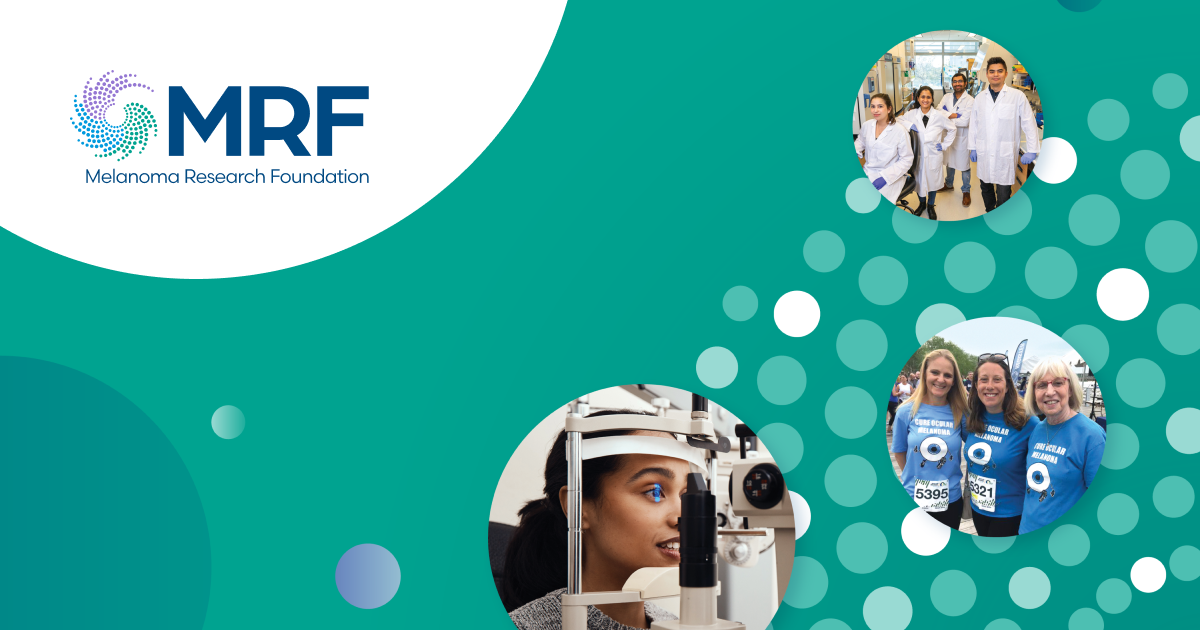Closing a Gap in Health Care

We live in an information age. The lyrics of a long-forgotten song, the email address of a high school sweetheart, the cube root of 97 are all available in microseconds through the power of the internet. Yet even with so much information at our fingertips, sometimes critical information does not reach people who need it to survive.
Last year the FDA approved two new drugs for melanoma, the first such approvals in 13 years. Neither are magic cures, but both are significantly better than anything else that has been available. This is great news–or it should be. Now we are learning that many doctors are not prescribing these drugs.
One of the drugs has some side effects that cannot be managed in the way that most chemotherapy side effects are managed. This approach requires a bit more training, a bit more care. Because if this, some doctors are refusing to prescribe the drug, even though it is the best chance their patient has of surviving melanoma.
The other drug is only available to people who have a particular genetic mutation, about 40% of people with melanoma. The impact on those patients is unprecedented in cancer care. A majority respond to the drug, and often with dramatic results. The drug quits working, on average, after six months or so, but those are months characterized by high quality of life. Despite this, many patients are not even being tested to see if they have the required mutation. This means that they will never know if they could have taken a drug that might have extended or even saved their life.
The field of medicine changes constantly and many general oncologists only see a couple of melanomas a year. That makes it hard to stay current on treatment options. But these new drugs have been discussed in newspapers, magazines, and television and radio broadcasts, not to mention, at many, many medical conferences.
For years the approach to treating melanoma almost didn’t matter—nothing worked all that well. Now that we are seeing rapid and exciting progress we are also seeing growing disparities of care based largely on the doctor treating the melanoma. This is a time of hope for melanoma, and more and better treatments are on the horizon. It’s unconscionable to make these options, and hope, available to only a small percentage of patients while others are stuck with old, futile approaches. If you are someone with melanoma, it has never been more important to get educated, get support and get connected. It may make the difference between being able to access the most promising treatments – whether approved or investigational – or receiving care that won’t likely make a difference in your survival or quality of life.
The MRF supports many resources – the patient hotline, the Melanoma Patients Information Page, the MRF Phone Buddy program, the clinical trial finder and updates on research and treatment options – because we know that a person who has the best and latest information has the power to close gaps in care on their own.
– Tim, MRF



